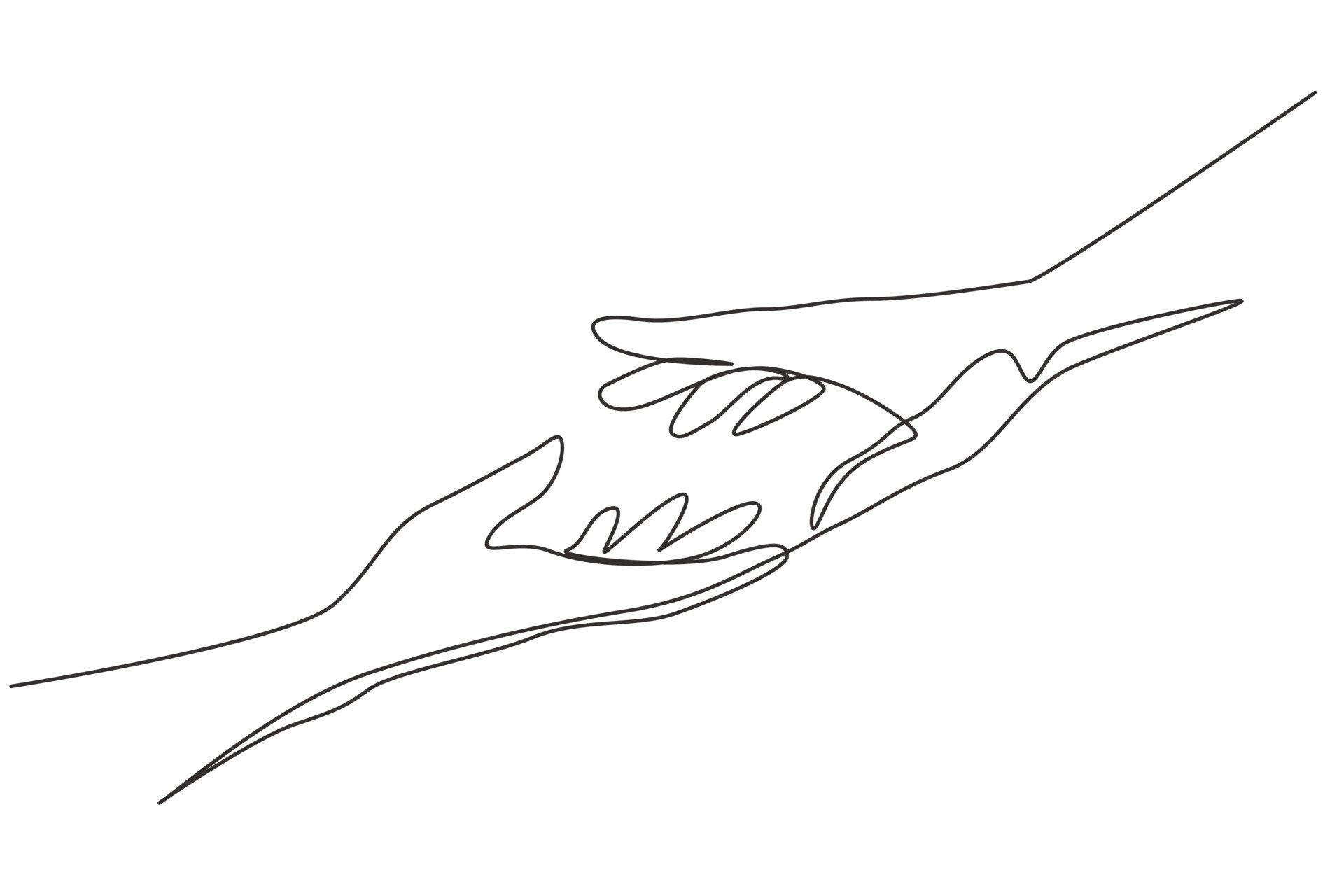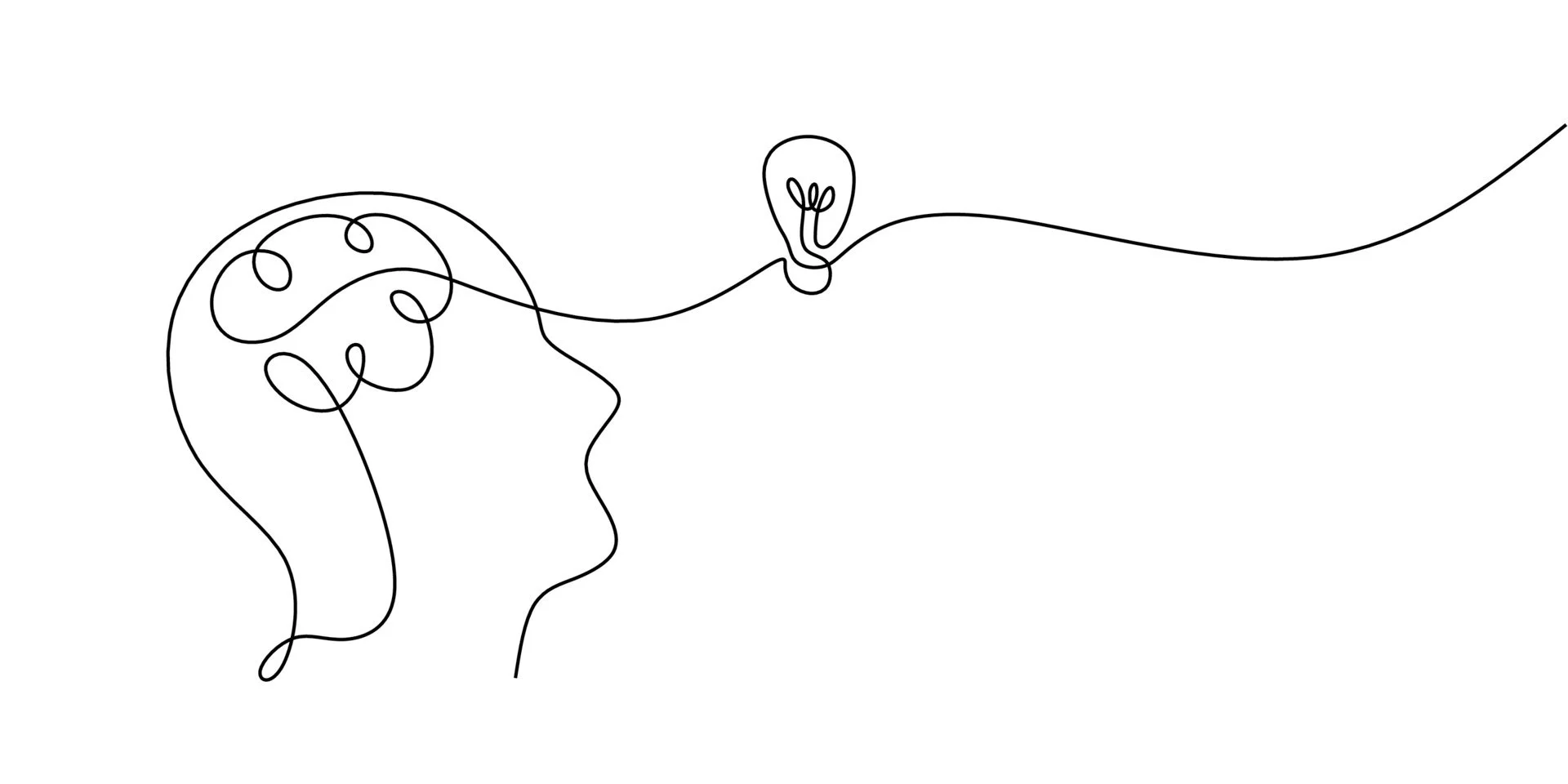What are we working toward—together?
reflecting on your identity & purpose
Noticing patterns in what energizes you versus what drains you
Getting curious about roles you’ve taken on (or outgrown) in relationships, work, and family
Untangling old narratives about who you’re supposed to be so you connect more with what fulfillment actually looks like for you
reevaluating your relationships
Navigating shifts in friendships, family dynamics, or partnerships with more clarity and trust in yourself
Learning to set and hold boundaries in a way that feels authentic, not rigid or guilt-driven
Exploring vulnerability and emotional availability in a way that feels safe and empowering
Exploring what closeness and connection mean to you at this stage of life
redefining success
Navigating career shifts or pivots with self-trust rather than fear of failure
Identifying the difference between ambition that energizes you and pressure that depletes you
Redefining achievement beyond productivity, titles, or societal markers of success
How our work creates change
Change doesn’t come from fixing yourself—it comes from relating to yourself in a new way. Together, we’ll look at the patterns that have shaped how you think, feel, and connect with others. Many of these patterns once served a purpose, but now they may be keeping you stuck and limiting your freedom, energy, and sense of connection.
In our work, you’ll practice turning toward your experience with more honesty and flexibility. We’ll clarify what matters most to you, and you’ll begin choosing actions that align with your values—not just old habits or fears. The therapy relationship itself is also part of this process—a place to explore new ways of showing up, with real-time feedback and support.
This kind of work can be challenging, but it’s also liberating. It creates space for a more meaningful, connected, and self-directed life.
The heart of the process
core aspects of our work together
-
Your time, efforts, and relationships should reflect what matters most to you. When you know what you value, you can make better decisions.
Your values are also important to motivating you to do what is hard and take big steps because you can connect them to what you find meaningful.
-
Thoughts like “starting over would mean I failed”, "if I take time for myself, I’m being selfish", or “I should be able to handle this on my own” are often part of the reasons that we feel stuck.
Relational patterns like people-pleasing and emotionally shutting down may have served important purposes in the past, but you have come to realize that they are now getting in the way of relationships you desire, including with yourself.
Learning to detach from those thoughts, recognize your emotions, and express them effectively will help you feel more grounded in yourself.
-
Vulnerability is essential to human connection. It facilitates you showing up more fully in relationships and experiencing the deep, meaningful change that comes from being truly seen.
Learning to trust being vulnerable helps you build deeper, more authentic relationships and take action based on what truly matters to you—instead of fear, habit, or self-protection.
-
Accepting uncertainties and imperfections frees you from the constant pressure to control everything, allowing you to move forward with greater ease, flexibility, and self-compassion.
When we approach challenges with flexibility and self-compassion, we learn to create space for growth and progress even when things don't go as planned.
-
When you reduce the noise of social pressures it helps you find clarity, allowing you to focus on what truly matters to you.
As we examine the presence of perfectionist traits, you can begin to give yourself permission to let go of rigid expectations and explore new ways of being that feel more freeing and true to you


